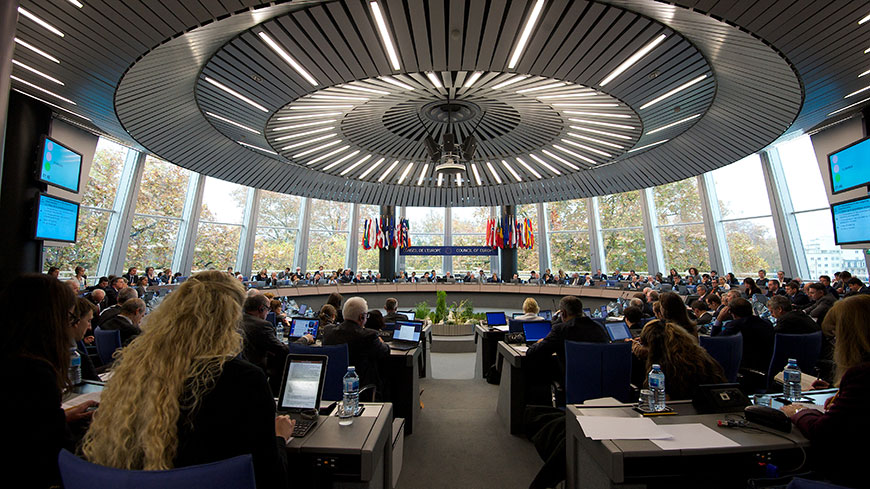The Council of Europe has called on its 47 member states to ensure that they have in force a strong legal framework promoting transparency of lobbying activities.
In a Recommendation, the Committee of Ministers – the executive body of the organisation – recognises that lobbying can make a legitimate contribution to open government and well informed decision making, but points out that most countries do not yet have a comprehensive framework for regulating it.
To promote transparency, the Committee recommends that authorities or other designated bodies maintain a public register of lobbyists which is easily accessible and user-friendly. This register should contain at least the name of the lobbyist, the subject matter of the lobbying activities and the identity of the client or employer, if applicable, although states could require further information.
The recommendation contains a number of principles guiding the ethical behaviour of lobbyists and recommends the imposition of sanctions for non-compliance that are effective, proportionate and dissuasive.
In order to avoid risks to public sector integrity, the Committee of Ministers recommends that public authorities apply appropriate measures such as a “cooling-off” period of time before a public official may become a lobbyist and vice versa. Public authorities should also provide guidance to public officials on issues such as refusing or disclosing the receipt of gifts and hospitality, the reporting of violations of rules on lobbying and the disclosure of conflicts of interest.


